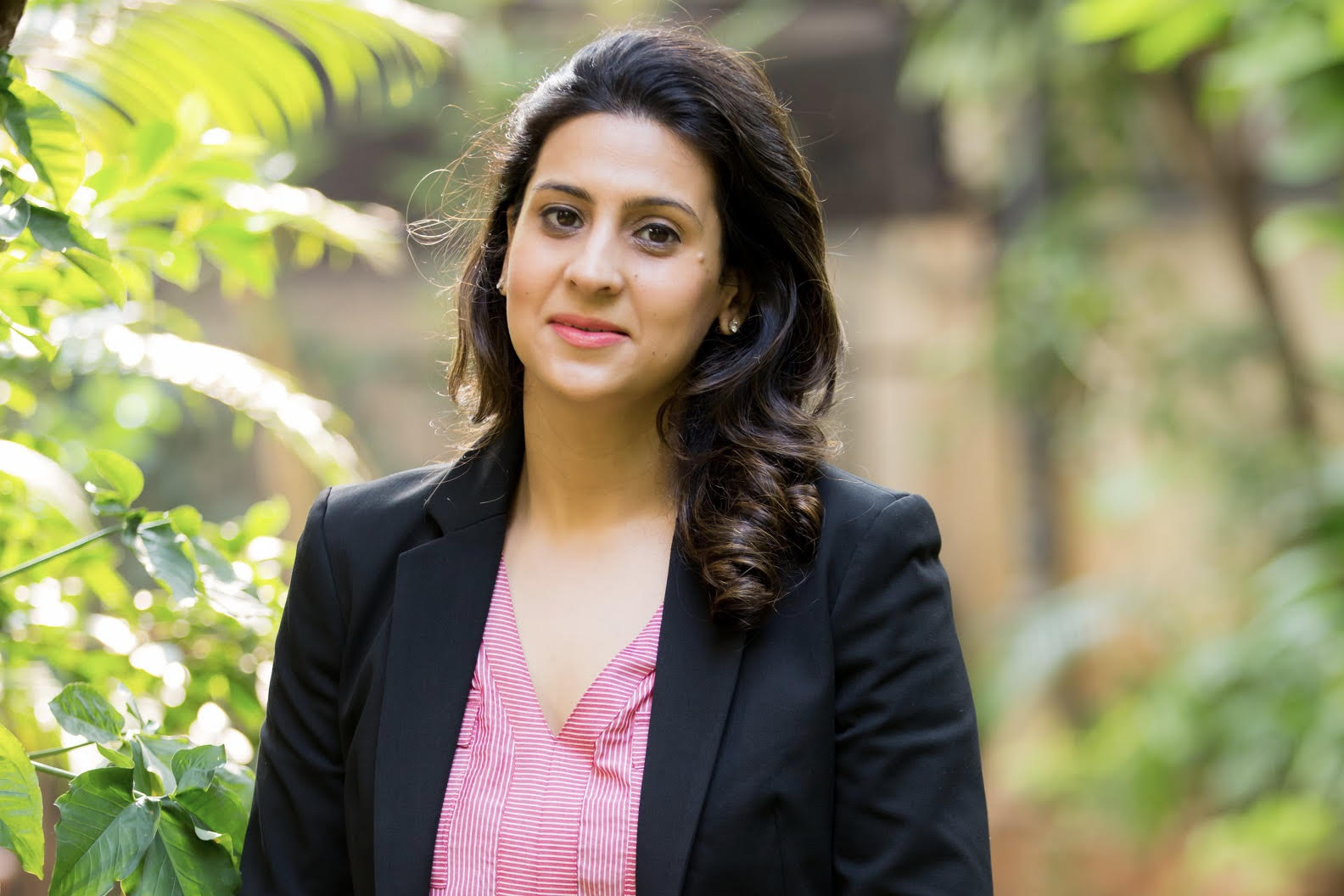Most people want to delete the year 2020 from their life. As the year ends, there is renewed hope for a safe and effective vaccine. The planet is gearing to heal and return back to a pre-pandemic notion of ‘normality’.
The year has taught us that life could be unpredictable, uncertain and uncontrollable despite all the modernization we have achieved in medicine, science and technology. As the lockdown was initiated the world transformed using video conferencing apps for work and education through Zoom, Microsoft Teams and Google Meets. While the year went on smoothly for some, others faced the trauma of death and turmoil. In my counseling session, young Ana, a 23-year old woman had a complete breakdown when she lost her mother to COVID. Being the only child of her parents she lost her only support and anchor. Her father who’s been a dysfunctional alcoholic is now her responsibility. She felt guilt, anger, and verbalized that circumstances have not yet allowed her to grieve her mother’s death.
Shobha, 45, an introverted personality married with two children felt that finally she would get to spend more time with her kids once work from home norms were established. However, in a matter of a few months she found it difficult to multitask between managing the house, children and attending work calls until midnight. Since she had been promoted prior to the pandemic she constantly put extreme pressure on herself to perform and achieve the targets she had set for herself for 2020. Her panic-like symptoms made it difficult for her to concentrate on the screen for hours as she felt guilt for not spending sufficient family time or being able to create social bonds. It was time to stop, observe and re-evaluate life.
Jose, Lim & Bryant (2012) gave us the definition of ‘savouring’, which is being mindfully absorbed in the current moment. Focusing on making memories such as playing board games with children, cooking basic recipes and enjoying your morning cup of coffee with your spouse or simply watching a show are behavioral acts that increase wellbeing.
The human brain has the constant ability to plan for future dangers and threats. Evolutionary it is a strategy that has worked and saved our civilization. However, constantly planning, ruminating and trying to control future adversities may lead to high levels of anxiety leaving us to criticize and judge the present harshly.
Rohan and Priya, married for the last eight years, were coping in their marriage. The best strategy that worked for both these working individuals was leaving home at 8:30 am and returning back for dinner at 7:30 pm. Post dinner they went back into their ritualistic behavior for yet another day of work. As the pandemic grew in its severity of cases so did their emotional problems and lack of communication. They realized that in their quest to achieve their dream home, exotic summer vacations and career growth they were totally disconnected.
In a study, Kumar, Killingworth, Gilovich (2014) revealed that people were more excited and pleasant when they thought about spending money on experiences rather than on materialistic possessions. Experiences are harder to be compared and rate socially when compared to objects or possessions such as houses, cars and bags (Howell & Hill, 2010). Similarly, Lyubomirshy, Sousa & Dickerhoof (2006) showed that thinking and recalling about a happy memory that you have on a daily basis for a few minutes boosted wellbeing and increased positive emotion. Sharing your stories with relatives, friends and talking about one’s childhood experiences are ways to rekindle emotional bonds. Story telling is by itself a self-sustaining mechanism as it fulfills our psychological needs of relatedness.
The learning’s of the pandemic will indeed have a lifetime impact. I want to look at the true journey of humanity and what one is set out to achieve? Are we merely going back to being puppets in a rat race to aspire for name, fame, social validation and monetary pleasures?
Its time to question and reflect as to whether one needs to invest in time rather than money for greater well being (Whillans, Weidman, Dunn, 2016). I miss taking off for work conferences and family holidays. My kids miss their adventures and freedom of exploring cities, zoos and learning by visiting historical monuments. With knowledge and experience I have come to accept that happiness is not a permanent state. It’s a journey not a destination. Like all other emotional states it needs to be constantly worked on.
Emmons & Mccullough (2010) showed that having and expressing gratitude increased subjective wellbeing and happiness. Gratitude is a positive emotional state in which a person recognizes and appreciates what he/she has in the present. Gratitude helped individuals take better care of the self and reduced negative perceptions even about any ongoing physical discomfort. Similarly, Grant & Gino 2010 stated that appreciating and thanking employees for their hard work increased their efficiency at work. In marriages gratitude can be an intervention for conflict resolution (Barton, Futris, Nielsen, 2015).
Possibly a lifestyle incorporating the so-called “Gratitude Attitude” works to build a more non-judgmental, loving, peaceful and happier planet. I am thankful that I had my basics of food, water, and shelter and was connected to my family and friends to share my feelings and desires. Having heard stories of anxiety, pain, hurt, grief, anger and depression, I have also witnessed courage, frustration tolerance, determination, willpower and confidence to bounce back. Globally this year we have had communities standing up for their basic rights such as the Black Lives Matter movement in the USA or the farmers agitation in India and leadership moving towards inclusion, compassion and hope. As we move with the reassurance of getting back to our pre-pandemic functionality one needs to move with this new belief of thriving, helping and supporting each other. Mother nature has reminded us that she does not have human bias and competitiveness. With the spirit of acceptance, security and belongingness entering the New Year reflecting, rewiring and readapting first needs to start from the self. Remembering the saying of Charles Dickens “Reflect upon your present blessings, for which every man has plenty; not on your past misfortunes, of which all men have some”


